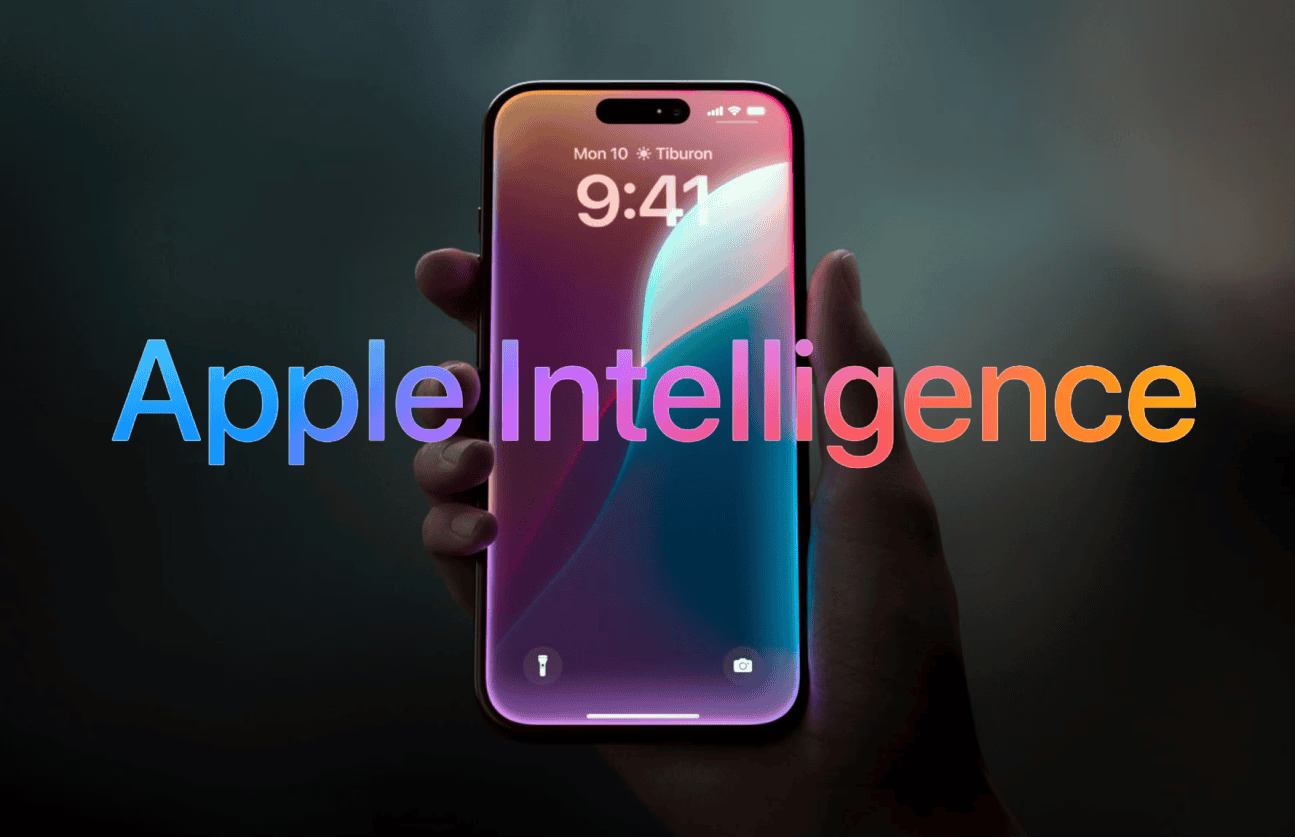The iPhone has long been at the forefront of technology, and one of its standout aspects is its integration of artificial intelligence (AI) features. These capabilities not only enhance user experience but also streamline everyday tasks, making the iPhone a powerful tool in our digital lives.
1. Siri: Your Intelligent Assistant
Siri, Apple’s virtual assistant, is perhaps the most recognizable AI feature on the iPhone. Since its launch, Siri has evolved significantly, becoming more capable and intuitive. Users can ask Siri a wide range of questions, from setting reminders to providing weather updates or controlling smart home devices.
Key Functions:
- Voice Recognition: Siri uses advanced voice recognition technology to understand and respond to user queries accurately.
- Contextual Awareness: Siri can understand context, allowing it to respond appropriately based on previous interactions.
- Integration with Apps: Siri can control various apps, including music, messaging, and navigation, making multitasking easier for users.
2. Smart Photo Management
The Photos app on the iPhone leverages AI to enhance the way users manage and interact with their images. This includes features like facial recognition, scene detection, and automated photo enhancements.
Notable Features:
- Facial Recognition: The Photos app can identify people in your pictures, making it easier to search and organize photos by individual.
- Smart Albums: AI organizes photos into smart albums based on criteria like location, date, and people, simplifying photo management.
- Automatic Enhancements: Using AI, the app can suggest enhancements for photos, such as brightness adjustments or cropping.
3. On-Device Machine Learning
Apple’s commitment to privacy is evident in its on-device machine learning capabilities. This feature allows the iPhone to perform AI tasks without sending user data to external servers, ensuring that personal information remains secure.
Benefits:
- Personalized Experiences: On-device machine learning adapts to user habits, offering personalized suggestions for music, apps, and more.
- Enhanced Performance: Tasks like image recognition and predictive text are processed locally, resulting in faster and more efficient performance.
4. Intelligent Typing with QuickType
The QuickType keyboard on the iPhone is another prime example of AI in action. It uses machine learning to predict what users are likely to type next, making messaging and typing more efficient.
Features:
- Contextual Predictions: QuickType analyzes the context of conversations to suggest relevant responses or phrases.
- Multi-Language Support: The keyboard can seamlessly switch between languages, adapting to user preferences without manual adjustments.
5. Face ID and Animoji
Face ID is a cutting-edge security feature that uses AI to recognize and authenticate users based on their facial features. This technology is not only secure but also convenient, allowing users to unlock their devices effortlessly.
How It Works:
- Facial Recognition Technology: Face ID employs a sophisticated system of sensors and cameras to create a detailed 3D map of the user’s face, ensuring secure access.
- Animoji: Leveraging the same technology, Animoji allows users to create animated emojis that mimic their facial expressions, adding a fun twist to messaging.
6. Apple Maps and Real-Time Navigation
Apple Maps has significantly improved with AI capabilities, providing users with more accurate and efficient navigation options. AI enhances features like real-time traffic updates, route suggestions, and points of interest.
Features:
- Real-Time Traffic Analysis: Apple Maps uses AI to analyze traffic patterns and provide real-time updates, helping users avoid congestion.
- Personalized Recommendations: Based on user preferences and past behavior, Apple Maps can suggest nearby restaurants, attractions, and more.
7. Health Monitoring with HealthKit
The Health app utilizes AI to analyze fitness and health data, offering users insights into their well-being. This feature is particularly valuable for those looking to maintain a healthy lifestyle.
Key Functions:
- Activity Tracking: The app monitors physical activity and provides personalized recommendations based on user goals.
- Health Insights: AI analyzes data trends, helping users understand their health patterns over time.
Conclusion
The AI features on the iPhone enhance usability, security, and personalization, making it an indispensable device for millions worldwide. From Siri and smart photo management to on-device machine learning and advanced navigation, Apple continues to innovate, ensuring that users benefit from the latest technological advancements while maintaining privacy and security. As AI technology continues to evolve, we can expect even more exciting features in future iPhone models. Embracing these AI capabilities can undoubtedly transform the way we interact with our devices and the world around us.


